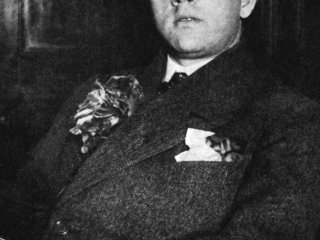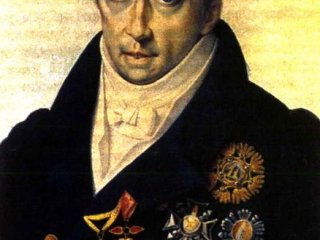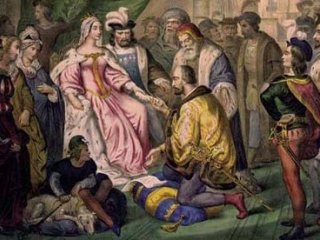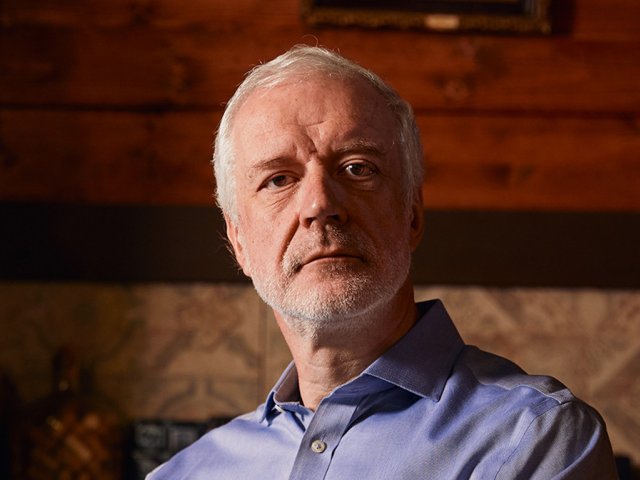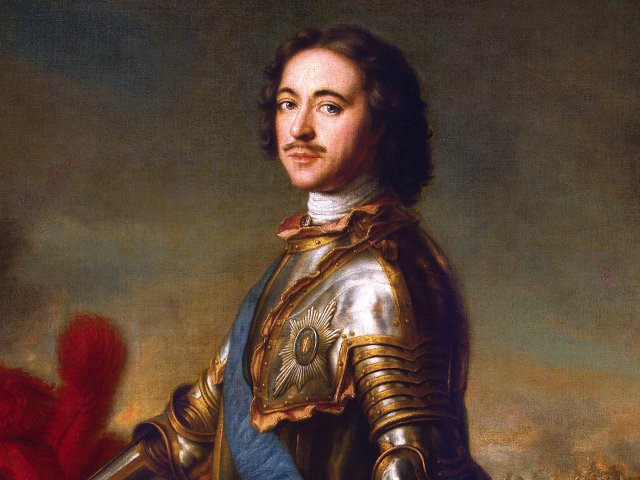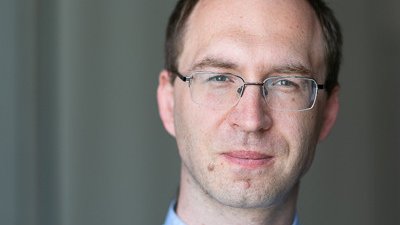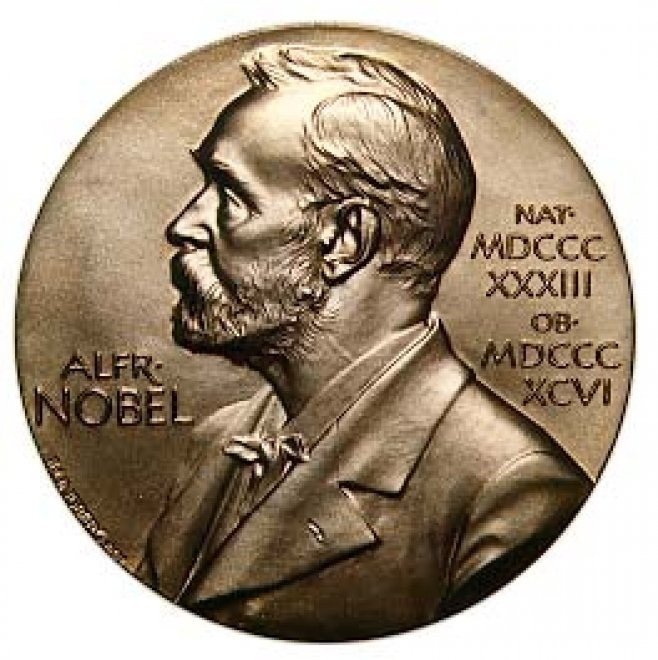
The Nobels, a family of inventors and industrialists, were obsesses by the idea to spend their large funds on prizes for those who deserved them, and thus, not only encourage progress but also immortalize their own name. In 1888, Alfred Nobel’s brother, Ludvig, founded a prize for “The best essay or study in metallurgy or oil industry.” His nephew, Emmanuel, founded his prize in 1904, but only Alfred Nobel’s prize became famous worldwide. According to the Nobel’s testament, the prizes are awarded by a specialized fund that takes charge of Nobel’s legacy and divides the annual interest from Nobel’s capital in parts that are used to pay Nobel prizes. On December 10, 1901, five years after Nobel’s death, the first five Nobel prizes were awarded. Wilhelm Roentgen got the prize in physics for his famous X-rays, Jacobus Van't Hoff, the founder of stereochemistry, obtained the chemistry award, and Emil von Behring, the medicine award, for the creation of a diphtheria antitoxin. The literature prize went to the French poet Sully Prudhomme that is said to be Nobel’s favorite poet. And the Peace Prize was divided between Henry Dunant, the founder of the Red Cross, and Frédéric Passy, the founder of the Inter-Parliamentary Union. Since then, on December 10 each year Nobel Prizes in literature, physics, chemistry, physiology and medicine, and since 1969, also in economy. The Peace Prize is traditionally awarded on the same day in Oslo.
